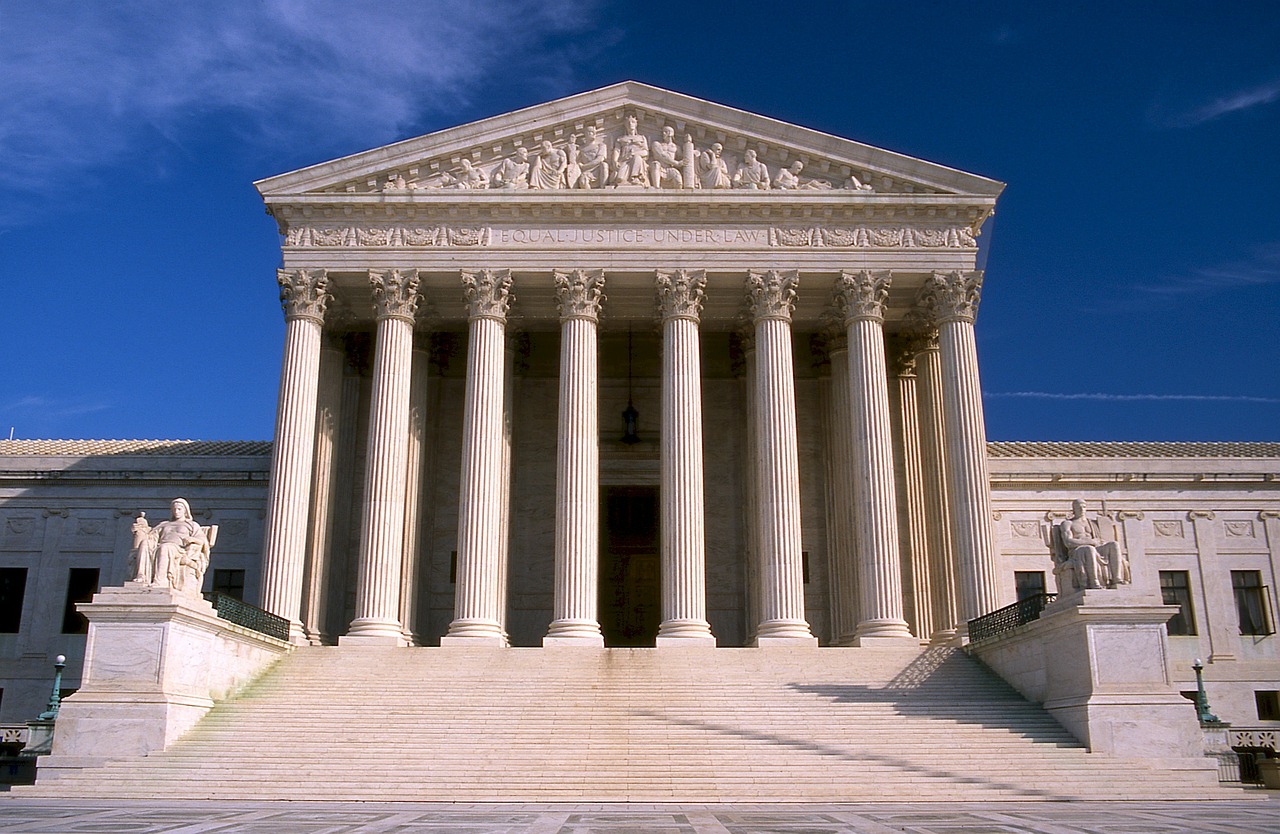Fair Housing Updates
The U.S. Supreme Court Upholds “Disparate Impact” Claims Under The Fair Housing Act
Fair Housing

Although it was largely overshadowed by more publicized rulings involving the Affordable Care Act and marriage equality, the U.S. Supreme Court also issued a key decision involving the Fair Housing Act last week. In Texas Department of Housing and Community Affairs v. Inclusive Communities Project, Inc., the Supreme Court ruled that parties may bring “disparate impact” claims under the Fair Housing Act (FHA).
So what is a disparate impact claim? A plaintiff bringing a disparate impact claim must show that a particular policy or practice has a disproportionately adverse effect on members of a class protected under the FHA. Contrast this from disparate treatment claims, where a plaintiff is alleging that he or she was treated adversely because of the defendant’s discriminatory intent or motive. Accordingly, a property’s policy or procedure that is facially non-discriminatory, but which has a disproportionately adverse effect on a protected class, may be a violation of the Fair Housing Act under a disparate impact theory—even if the property had absolutely no discriminatory intent or motive in enacting the policy or procedure.
So is this a big deal? Well, kind of. While this is the first time that the Supreme Court has ruled on this specific issue, every federal court of appeals that has reviewed the issue has upheld the validity of disparate impact claims. And the Department of Housing and Urban Development (HUD) has taken the position that the FHA encompasses disparate impact claims. As such, the Supreme Court’s decision does not represent a change in the law—rather, it merely upholds the status quo. Although it should be noted that the U.S. House of Representatives has introduced an amendment to an appropriations bill that would prohibit the Department of Justice from using funds to prosecute or settle discrimination cases filed under a disparate impact theory.
So how does this impact landlords and management companies? Hopefully, you have already been scrutinizing your policies and procedures to determine if they might have a disproportionate impact on protected class members. We have routinely advised our clients over the years to proceed as though disparate impact theories were cognizable under the Fair Housing Act, and to revise their policies and procedures effectively. If there is any uncertainty as to whether your policies or procedures may have a disparate impact on a protected class, I would recommend that you seek out experienced counsel to help you retool your policies.



